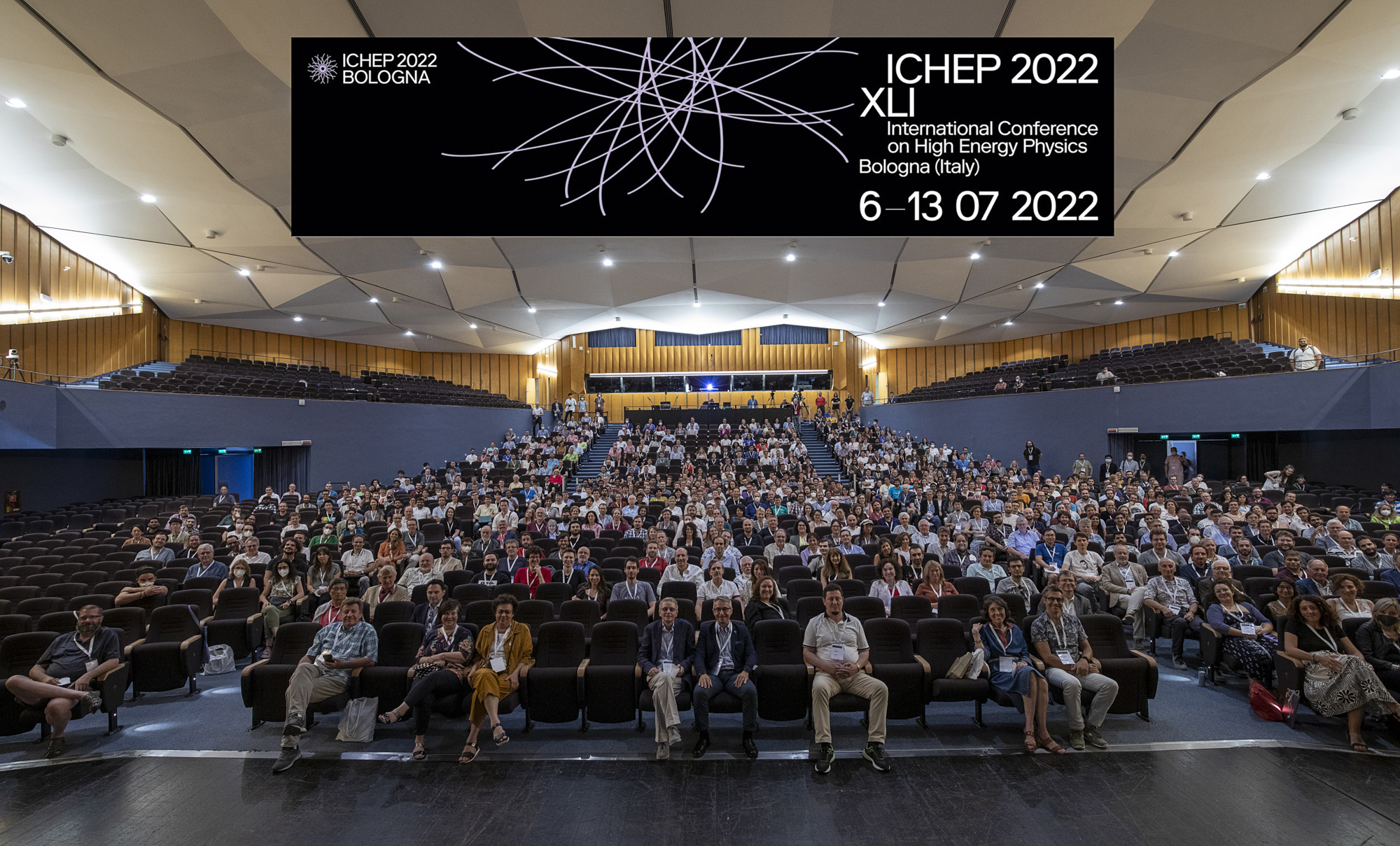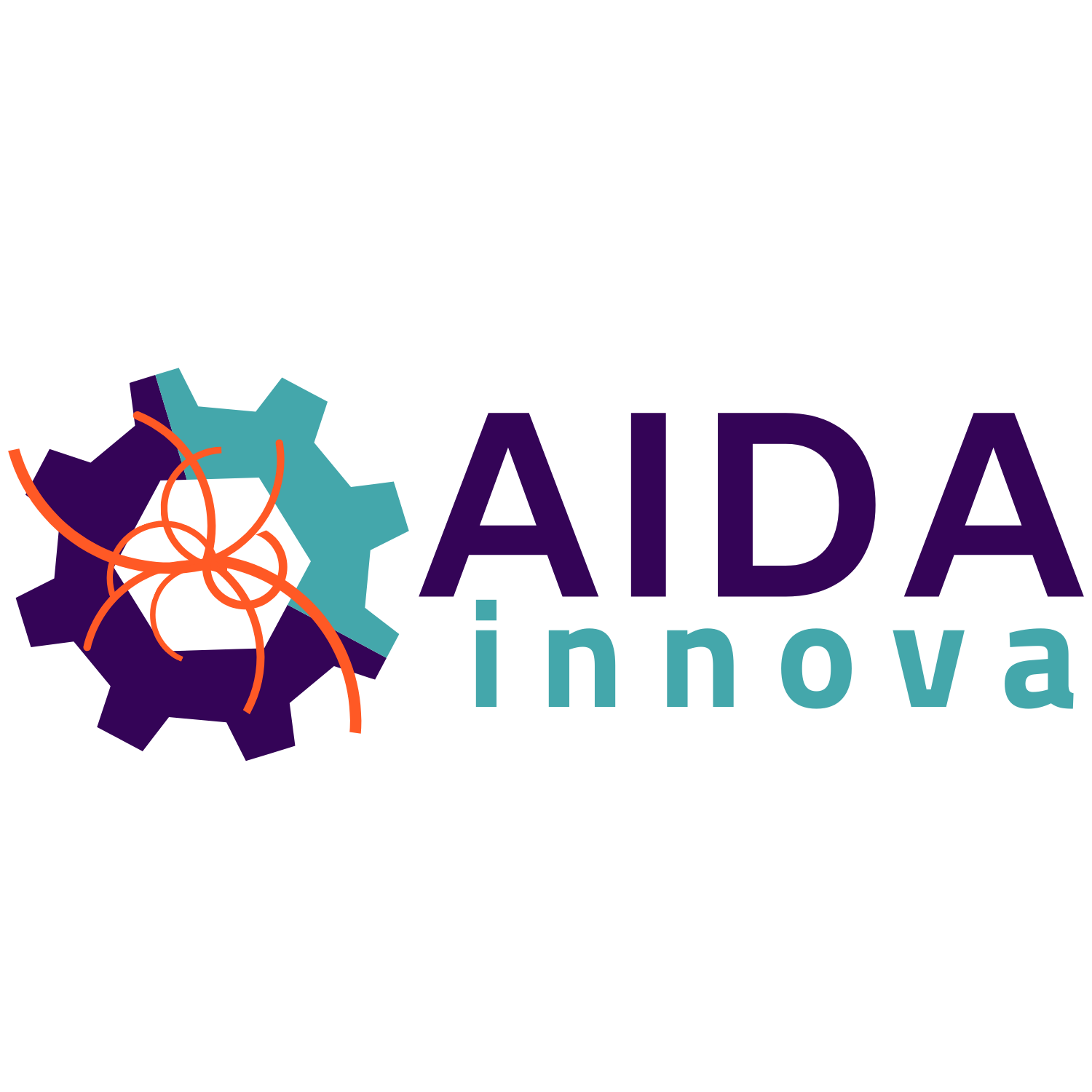
Held in Bologna, Italy, the 41st International Conference on High Energy Physics was attended by several members of the AIDAinnova consortium.
By Antoine Le Gall (CERN)
At the first large physics conference to set up in presence, members of the AIDAinnova project played a leading role.
Between 6 and 13 July 2022, the 41st International Conference on High Energy Physics (ICHEP 2022) was held in Bologna, Italy. The most important conference in High Energy Physics (HEP) was the first large physics conference to set up in presence. In total, over 1200 participants from the whole HEP community were invited to attend a very comprehensive scientific programme with over ten thematic sessions.
As one of the leaders in advancing the European detector development infrastructure, the AIDAinnova project played an important role in coordinating the talk and highlighting the work of its research institutes. The project’s coordinator, Paolo Giacomelli (INFN), was also co-chairperson of the event: “Conferences like ICHEP enable AIDAinnova to further enhance cross-border collaborations, and establish an even closer engagement with industrial partners.”
Members of the AIDAinnova consortium played a key role in organising and running the conference.
- On the topic of detectors for future facilities, R&D, and novel techniques, Felix Sefkow (DESY) and Daniela Bortoletto (Oxford) convened the parallel session which enclosed recent results and future developments in detection techniques and electronics for fundamental physics.
- Daniela Bortoletto also moderated the round table discussion with the Directors of the major HEP laboratories in the world.
- Felix Sefkow instead moderated the round table discussion on future large HEP facilities
- On the one of computing and data handling, Graeme Stewart (CERN) and Frank Gaede (DESY) convened the parallel session addressing computer, networking and software issues related to the high demanding needs of the HEP experiments.
- Finally, Petra Merkel (Fermilab), member of the project’s Scientific Advisory Panel (SAP), facilitated the session on the operation, performance and upgrade of present detectors, which was dedicated to experience gained in detector operations during data taking: real performances versus expected ones, as well as new techniques and solutions needed to face issues coming from both aging and planned luminosity upgrades.
On the last day, Christophe de la Taille (OMEGA CNRS/IN2P3) held a plenary talk on technological spin-offs and industrial applications. It helped underline the role of fruitful initiatives like the AIDAinnova project to further improve innovation and knowledge and technology transfer in the field of detectors.
